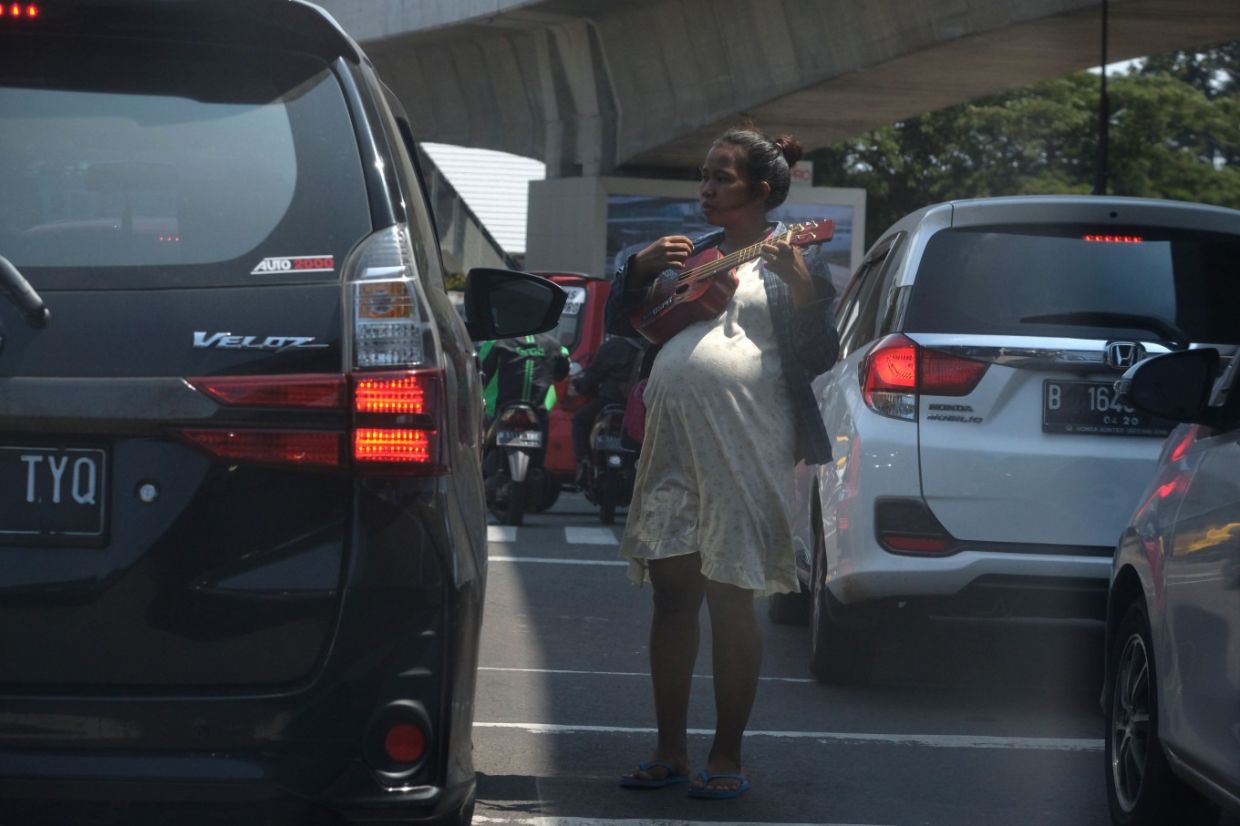JAKARTA, May 13 (Jakarta Post/ANN): The Indonesian Health Ministry has warned against the heightened danger of mother-to-child transmission of HIV/AIDS and syphilis, as the two sexually transmitted diseases (STDs) have seen an uptick in cases in recent years, while the number of pregnant women getting medical attention against these diseases remains dangerously low.
According to ministry data, over the past five years the number of syphilis cases in the country has increased by 70 percent, from 12,000 cases in 2018 to 20,7000 cases in 2022.
A closer look at the number showed that 5,600 of these cases were found among pregnant women, although the actual number could be far bigger since only 25 percent of pregnant women had themselves tested.
Health Ministry spokesman Mohammad Syahril said to make matters worse, only 40 percent of pregnant women who had tested positive had gotten medication to suppress the disease.
Without medication, the probability of mother-to-child transmission of syphilis could reach up to 80 percent, Syahril said, as babies could get infected during pregnancy, labor or breastfeeding.
“[Syphilis among pregnant women] could result in forced abortion, a stillbirth, or even when the baby is born, it would still have congenital syphilis,” Syahril said during a media discussion on Monday.
Promiscuous husbands
HIV cases have been on the rise in recent years, with infection among housewives, who mostly got the disease from their husbands, being among the biggest contributors. “Around 30 percent of [new HIV cases] were found in housewives, [who were infected] due to their husband’s promiscuous sexual behavior.
Every year, there are an additional 5,100 cases from this group,” Syahril said. Despite this, the number of pregnant women who tested themselves for HIV remained low at only 55 percent and that, even among pregnant women who tested positive for the virus, only 24 percent were receiving HIV antiviral medicines.
This has resulted in an additional 1,000 new HIV cases discovered among children aged one to 14 years old annually.
“The figure would climb even higher if the detection and the number of [pregnant women] getting the necessary medication remained low,” Syahril said.
Fighting stigma
Syahril said the government has prioritized addressing the concerning level of early detection. But he also said the huge social stigma often associated with STDs in the country remains a huge stumbling block, as the ministry has found instances of either the husband blocking their pregnant wife or the wife herself refraining from getting tested.
Epidemiologist Dicky Budiman of Griffith University, Australia, concurred, saying that social stigma is still “a classic problem” when it comes to early detection in STD cases in Indonesia. “The stigma is still there, regardless of the economic or social [backgrounds] of pregnant women,” Dicky said on Thursday.
“Women from a better economic standing might have the luxury [to get themselves tested] at better clinics that can ensure their privacy, but those from a lower standing do not have the luxury, and many [who tested positive] would often not get medicated as a result,” he said.
Dicky urged the government to work closely with regional administrations and NGOs to ensure that pregnant women, particularly those bordering the poverty line, have access to health services. “There needs to be clinics set-up in [areas] where women who are particularly vulnerable [to STD infection] live. There also needs to be health workers who can guide women and their children to these services,” he added.
Clinical psychologist Baby Jim Aditya, who has spent years campaigning for HIV/AIDS prevention, posited that more clinics might simply not be enough, arguing that the lack of detection and medication among pregnant women for STDs is a far deeper issue.
“It’s difficult for women to get themselves tested [for STDs], since most wives get the short end of the stick when it comes to the power relation with their husband,” Baby said separately on Thursday.
“Even if [pregnant women] are experiencing symptoms [of an STD], they might be the one who are accused [of being promiscuous] by their husbands, especially if they end up testing positive,” she added.
To this end, Baby said it would take both wives and husbands to ensure that pregnant women, particularly those at a higher risk of contracting STDs, can get themselves tested and receive medical attention. — The Jakarta Post/ANN
Discovered on: 2023-05-13 17:57:00
Source: Mother-to-child STD transmission cases hike in Indonesia; health ministry s…



